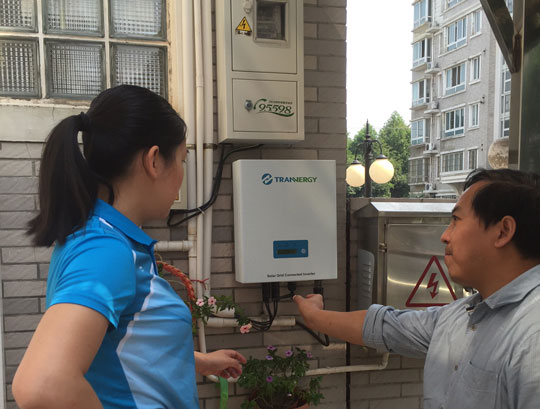Date: April 2016-April 2017

The Paris Agreement and other global processes have mobilised trillions of dollars of new funding for low carbon energy. Much of this effort has been in improving technology (or hardware) and finance. Political and socio-cultural dimensions have been neglected, and low income countries have so far gained only little benefit from funding schemes.
This project compares low carbon transformations in Kenya and China, looking at the contrasts between framings of energy access at national policy level, and the experiences and practices of local people. In the research, we focus in particular on various different scales of solar PV (grid-connected, mini-grids, solar home systems and solar lanterns) in both countries. We trace the political economies of different, low carbon energy pathways, examining which ones persisted or failed, and what elements of them resulted in poor people gaining better access to energy.
Activities
This project will bring together researchers from the UK, China and Kenya to share their analysis and findings in a series of meetings. The project team plan to produce working papers, at least one journal article, a blog series and a proposal for future work.
Contact
David Ockwell, Department of Geography, University of Sussex [email protected]
Team
- David Ockwell, University of Sussex
- Sam Geall, SPRU, University of Sussex
- Wei Shen, Institute of Development Studies
Project partners
- University of Sussex
- African Centre for Technology Studies (ACTS)